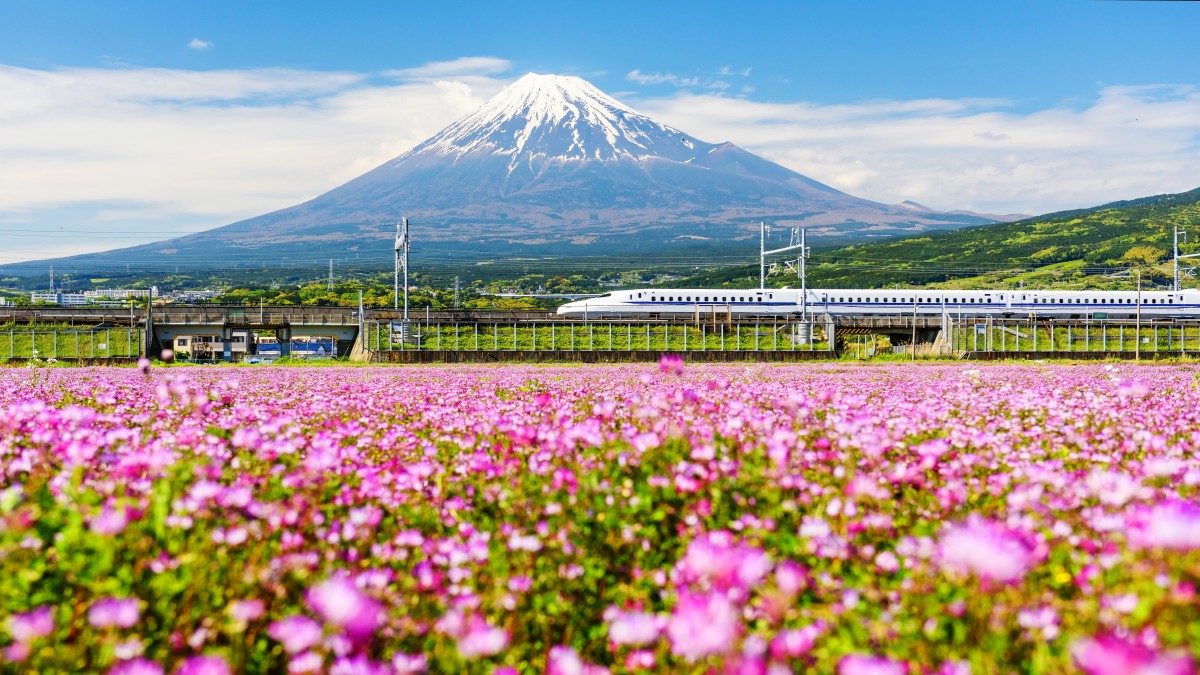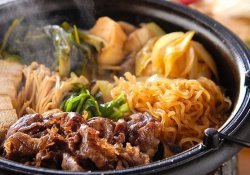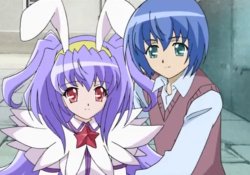Hatsuyume [初夢、はつゆめ] is a Japanese word meaning "first dream".初 [hatsu] means “first” and 夢 [yume] means “dream”. It is a term used to refer to the first dream someone has after falling asleep, in addition to dreaming, more commonly, the specific dream of the first day of the year in Japan. In summary, it is the first dream of the new year, which depending on its content can bring luck for the rest of the year.
Some people believe that this dream could have special meaning or reveal something about the person who had it. However, there is no scientific evidence to support this thesis, although it is important to note that recording dreams and telling someone later can serve as therapeutic relief in many cases.
There are several interpretations of dreams, and some common symbols and images can have different meanings depending on culture or context. For example, dreaming about a person can be interpreted as a mental representation of what the person thinks about himself or it concerns a quality or characteristic that someone is looking for. Dreaming about animals can also have different meanings, depending on the animal and the context in which they appear during sleep.
In the specific case of Japanese culture, it is believed that if you dream about the image of Mount Fuji (富士山), Eggplants or Falcons, it means that you will be lucky throughout the rest of the year. It may seem strange at first glance, but I'll explain why later.
In this article, we will see details about this curious aspect of Japanese culture.

We recommend that you also read:
- Japanese Superstitions - Bad Luck and Superstitions in Japan
- 10 Ways to Say Lucky in Japanese
- Sanpaku Eyes - Superstition, Morte and Meaning
Índice de Conteúdo
Dreams According to Psychology
Dreams are surrounded by mysteries, but when we speak scientifically they are a natural part of the sleep process and can be influenced by a variety of factors, such as the emotional state of the individual that day, the afflictions, thoughts and goals of those who had them. .

Sigmund Freud, the father of psychoanalysis, and Carl Gustav Jung, the father of analytical psychology, analyzed countless dreams and came up with incredible interpretations of this phenomenon. The first believed that dreams were unconscious desires, while the second theorized about common ancestral symbolic images that could exist in dreams of subjects around the world.
Until today, there is no consensus about what actually "forms" our dreams or whether or not they have a meaning.
Read also: About Japanese Psychologists and Psychology in Japan
The First Three Lucky Dreams - Hatsuyume
In Japan, superstitions are taken seriously. One of the most famous concerns the dream of the new year or the dream of the first day of the year. On January 1st (or on the first day you dream, it could even be on the 2nd or 3rd), there are three dreams that, if you have them, are considered a sign of luck. Are they:
1 - Dreaming of Mount Fuji
Mount Fuji is known the world over for its beauty. It is considered the highest point in Japan, with 3776 meters high. It is also a volcano. It represents, in a way, two characteristics of the country: the beauty and the fear of natural disasters. Besides being one of the most beautiful symbols of Japan, it is also known to bring good luck.

In Kanji, Mount Fuji is written as 富士山 [Fuji-San]. The first ideogram means "abundance", "wealth", "fortune". The second carries the idea of "samurai" and "person of respect". The last symbol is 山 which is read as "san" within the word and means "mountain" or "hill".
Some sources say that Mount Fuji tends to be lucky because it is the highest mountain in Japan, while others report that this is due to the ideograms that make up the word.
2 - Dreaming of a Falcon
Few know, but falcons were used as weapons by samurai during the Kamakura period, in an art known as takagari. Falcon, in Japanese, is said taka and, interestingly, has the same kanji reading as takai which means "tall". It is in second place in terms of luck for the new year. If you dream of this bird in the new year, be happy!
3 - Dreaming of an Eggplant
The strangest case on this list is Eggplant. However, there is a plausible explanation. Eggplant in Japanese is spoken nasu [茄子], however nasu is also the reading of the verb nasu [成す] which among several possible meanings means "to establish oneself", "to reach", "to become", "to achieve" and "to accomplish".
The Japanese term for these three dreams is: one fuji, two hawks, three eggplants [一富士二鷹三茄子].
Such a belief has apparently been around since the Edo period. There are several other theories that try to explain the origin of this superstition and why Mount Fuji, Falcon and Eggplant were the images chosen to represent it.
Some explanations say that these three entities were favorites of the Shogum Tokugawa Ieyasu, while others claim that it is a reference to "high" (divine) things, as in addition to Mount Fuji there is also another huge mountain in Japan called Ashitaka [愛鷹山] which uses the kanji of Falcon!
Japanese Lucky Charms
There are several objects that are good luck charms for the Japanese. Below we list the most well-known ones:
Read also: Omamori - Japanese Lucky and Protection Charms
Did you like the Post? Share it with your friends on social media and Happy New Year!





